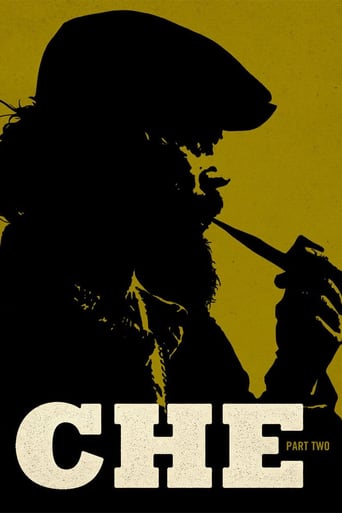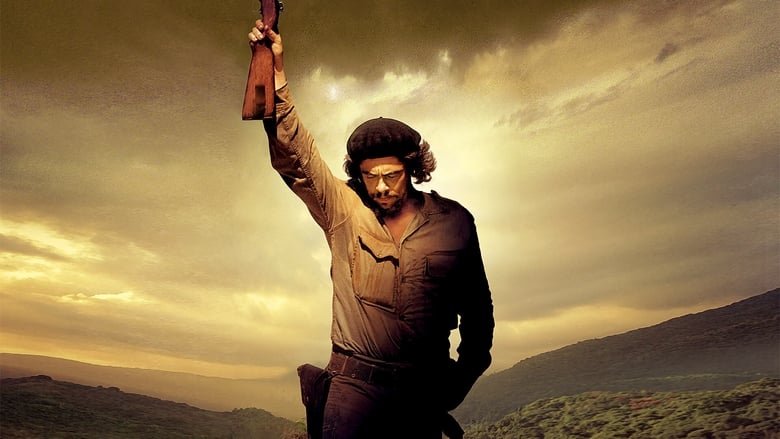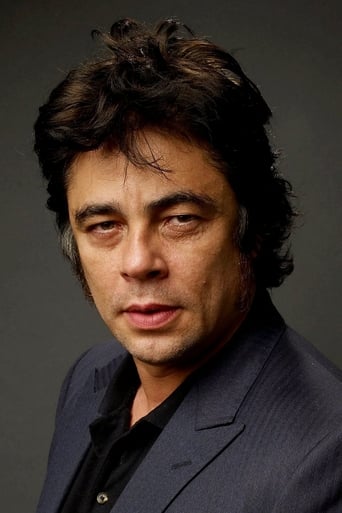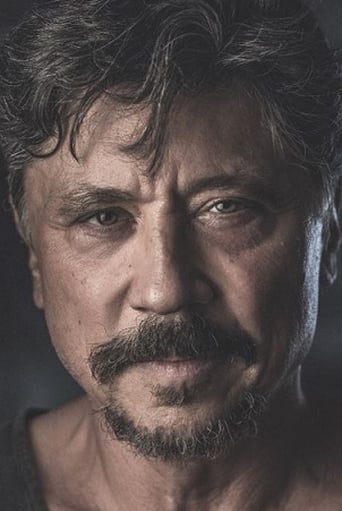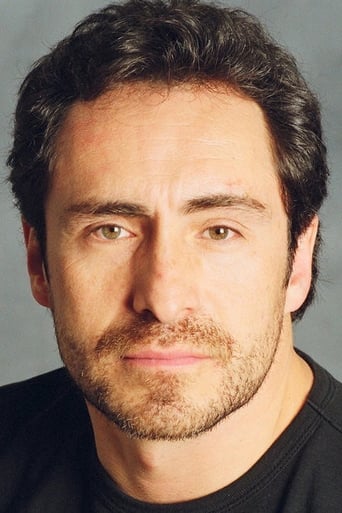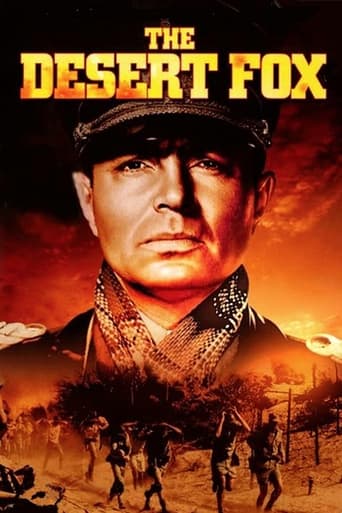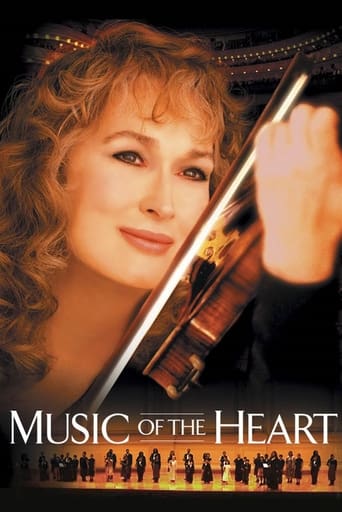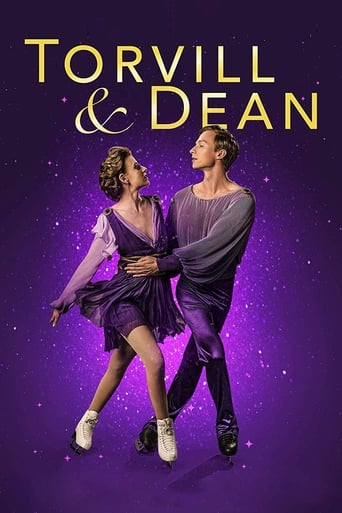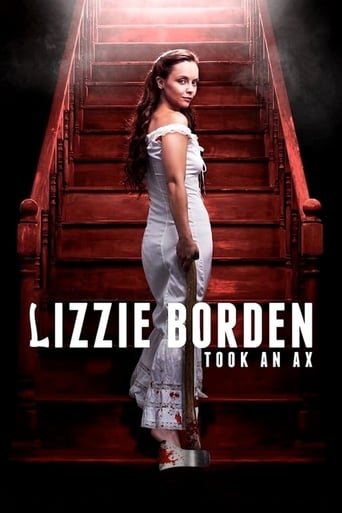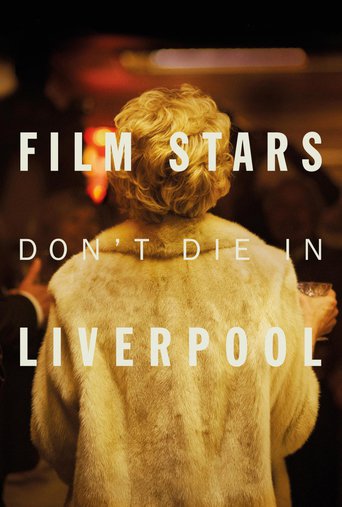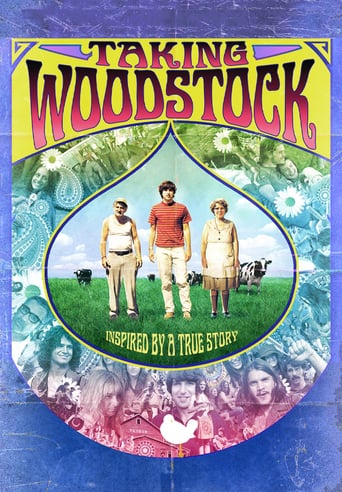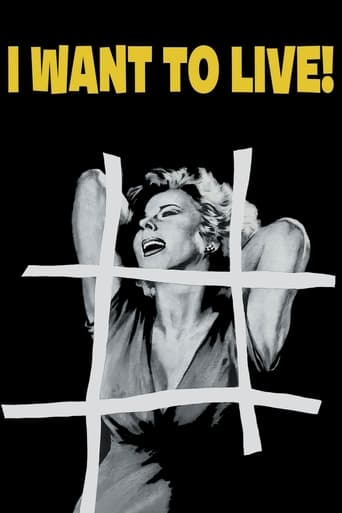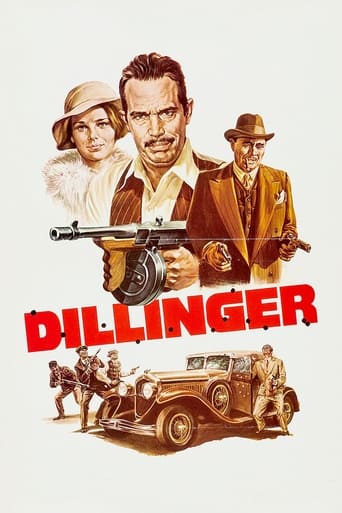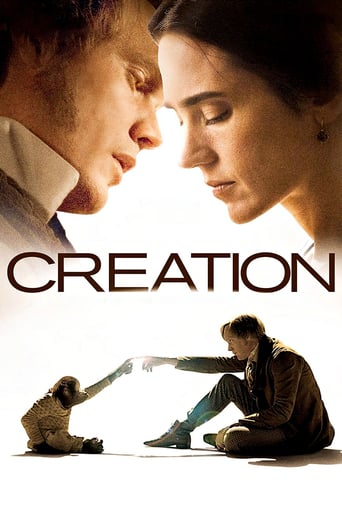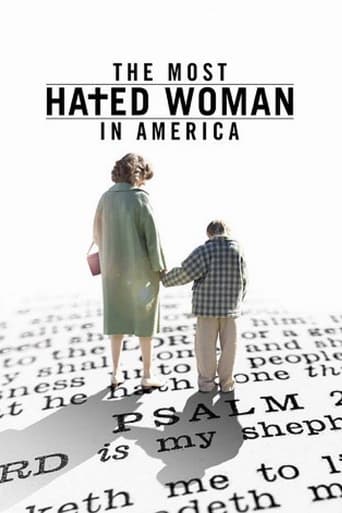Che: Part Two (2008)
After the Cuban Revolution, Che is at the height of his fame and power. Then he disappears, re-emerging incognito in Bolivia, where he organizes a small group of Cuban comrades and Bolivian recruits to start the great Latin American Revolution. Through this story, we come to understand how Che remains a symbol of idealism and heroism that lives in the hearts of people around the world.
Watch Trailer
Cast


Similar titles
Reviews
People are voting emotionally.
Great Film overall
Good movie but grossly overrated
Fantastic!
portrait of a hero, it is only subjective story. vision of director, it represents idyllic image of a revolutionary, mixture of savior and blameless knight. so, not accuracy or realistic drawing of his gestures are virtues of film. but beauty of images and the courage of viewer to forget than lead character is Guevara can be useful. for discover figure of a man and his values, his force and vulnerability, a new version of Don Quijote and slices of admiration of few people. it is pure propaganda and the innocence of West in case of Cuban revolution is usual explanation. but, maybe, in this case is more than a sentimental error. few scenes presents ingredients of an ideal. the speech in UN session is symbol of Bovarism. it is a beautiful movie, too long, boring in some moments but beautiful. not only for images or acting. but for emotion of a good director in search of his idol.
It helps to know that this was originally brought to life as a Terrence Malick screenplay about Che's disastrous forray in Bolivia. Financing fell through and Soderbergh stepped in to direct. He conceived a first part and shot both back to back as one film trailing Che's rise and fall.He retained however what I believe would be Malick's approach: no politics and a just visual poem about the man behind the image, exhaustive as the horrible slog through Cuban jungles and windswept Andean plateaus must have been. Malick applied this to his New World that he abandoned Che for, lyrical many times over.But Soderbergh being an ambitious filmmaker, he puzzled over this a little more. Here was a man of action at the center of many narratives about him, some fashioned by himself, conflictingly reported as iconic revolutionary or terrorist, charismatic leader or ruthless thug, erudite Marxist thinker or brutal soldier.So how to visually exemplify this contradicting ethos as our film about him? And how to arrange a world around this person in such a way as to absorb him whole, unfettered from narrative - but writing it as he goes along - off camera - but ironically on - and as part of that world where narratives are devised to explain him. As flesh and bones, opposed to a cutout from a history book.One way to do this, would be via Brecht and artifice. The Korda photograph would reveal lots, how we know people from images, how we build narratives from them. Eisenstein sought the same in a deeper way, coming up with what he termed the 'dialectical montage': a world assembled by the eye, and in such ways as the eye aspires to create it.So what Soderbergh does, is everything by halves: a dialectic between two films trailing opposite sides of struggle, glory and failure, optimism and despair. Two visual palettes, two points of view in the first film, one in the presence of cameras hoping to capture the real person, the other were that image was being forged in action.The problem, is of course that Brecht and Eisenstein made art in the hope to change the world, to awaken consciousness, Marxist art with its trappings. By now we have grown disillusioned with the idea, and Soderbergh makes no case and addresses no present struggles.But we still have the cinematic essay about all this.The first part: a narrative broadcast from real life, meant to reveal purpose, ends, revolution. The second part: we get to note in passing a life that is infinitely more expansive than any story would explain, more complex, beautiful, frustrating, and devoid of any apparent purpose other than what we choose as our struggle, truly a guerilla life.I imagine a tremendous film from these notions. Just notice the remarkable way Part 2 opens. Che arrives at Bolivia in disguise, having shed self and popular image. No longer minister, spokesman, diplomat, guerilla, he is an ordinary man lying on a hotel bed, one among many tourists. Life could be anything once more, holds endless possibility. Cessation.What does he do? He begins to fashion the same narrative as before, revolution again. Chimera this time. Transient life foils him in Bolivia. Instead of changing the world once more, he leaves behind a story of dying for it. We have a story about it as our film, adding to the rest.
Personally, I am fascinated by the personality of Che Guevara that led him to the belief that ideals are achievable. If he didn't fully succeed I think it was because at some point he lost his realism on life. Life on Earth is not really the place where one can reach high ideals. Not because the ideals are not part of the human life, but because forgetfulness is a stronger part of it. Forgetfulness seeps in every act of our lives and thus we come to forget ideals and ideas and bother for instinctual calls, which are hardly ever forgotten because they scream out too loud. Anyway, I should discuss the film about Che, not Che himself. I don't think the film managed to represent a powerful, ambitious, motivating and idealistic Che. I would say that Che from the movie was rather bored and, if he had any purpose in all that he had done, that was nothing but fame. Besides this moral aspect, it is also the physical one. Real Che was incredibly handsome and the chosen actor is not half resembling Che. I'd make a suggestion...Have any of you ever looked comparatively at Colin Farrell and Che? It happened to me at some point...They are very similar in appearance! If any director ever understands the greatness of a GOOD CHE MOVIE, then I am sure Colin Farrell will be his choice. Maybe, maybe...
What an unusual movie.Absolutely no concessions are made to "Hollywood special effects" or entertainment. There is no background music, not special effects or enhanced sound.Facial expressions are usually covered by thick beards and the Spanish language is a strange monotonic lilt that sounds the same whether in the midst of a battle or talking around a campfire.I sort of viewed these movies (parts 1 and 2) as an educational experience, not really something to go and get entertained by. Its quite long and in places dull.But I suspect that given the lack of any plot development, I don't think its very educational either.Its also difficult to perceive any story from the movie dialogue - it would be a good idea to read up a little on the history so that you can understand the context of what is happening, since for some reason the director didn't see fit to inform the audience why Che's band was moving around the way they did - as a result there seem to be groups skulking around the woodland for no particular reason and getting shot at.I would have loved to give this movie more stars for somehow generating more empathy with me and developing depth of character, but somehow all of the characters were still strangers to me at the end. The stars it gets are for realism and showing the hardships of guerrilla warfare.

